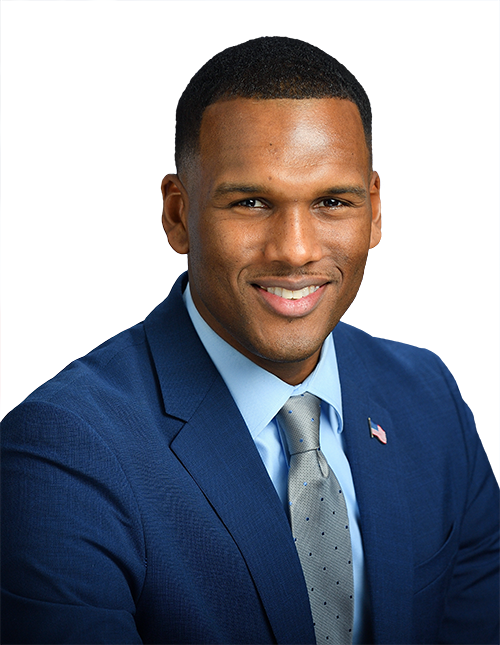The Assembly Votes Unanimously on Assemblyman Fall Statewide Notification and Healthcare Study Bill
Last week, the New York State Assembly passed Assemblyman Charles D. Fall legislation (A.5713) that directs the Commissioner of Health to conduct a study of the delivery of ambulatory and other medical care in response to the COVID-19 pandemic. The bill passed with a unanimous bi-partisan vote of 148-0.
- The study would not include ambulatory surgery centers or office-based surgery practices.
- During the study the operator of a clinic, urgent care, or such major ambulatory health care practice shall give a 30-day notice to the department and locally elected official before closure, relocation or decertification.
- The Commissioner of Health would be required to publish the statewide COVID-19 study findings on the Department of Health’s website and report to the Governor and the Legislature on the findings.
Senator Diane Savino sponsored the legislation (S.6375) and has made it a priority for its passage for executive action. The legislation was inspired by the temporary closure of an urgent care facility on the North Shore at the beginning of the COVID-19 pandemic. After a concerted collaborative effort lead by Assemblyman Fall and other elected officials on Staten Island, the operator of the facility reopened the urgent care clinic.
“During this pandemic and as we move forward with the recovery process, we need to make sure that residents continue to receive their healthcare needs. Healthcare access to residents who may be elderly, lack reliable transportation is detrimental to the well-being of all New York residents, especially those residing on the North Shore of Staten Island.
Since there are no public hospitals located on Staten Island and in many areas throughout New York State, many residents rely on clinics, urgent care, and ambulatory health care for a wide variety of medical services, including physicals, injury related and illness diagnosis and care, rapid lab tests and screening, pediatric care and women's wellness needs. These healthcare facilities predominantly cater to some of our most vulnerable residents.” said Assemblyman Charles D. Fall.
